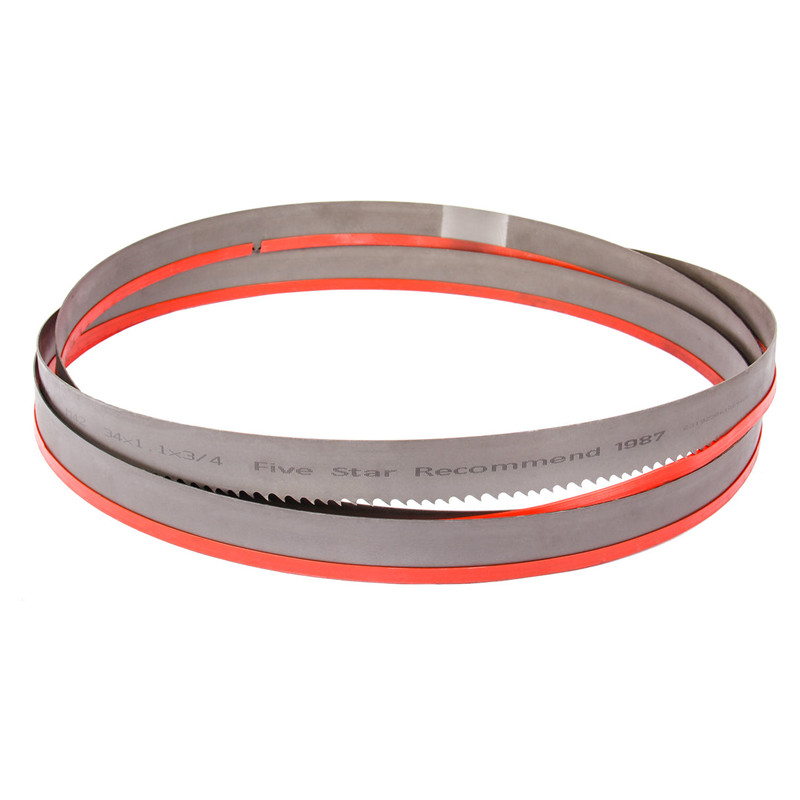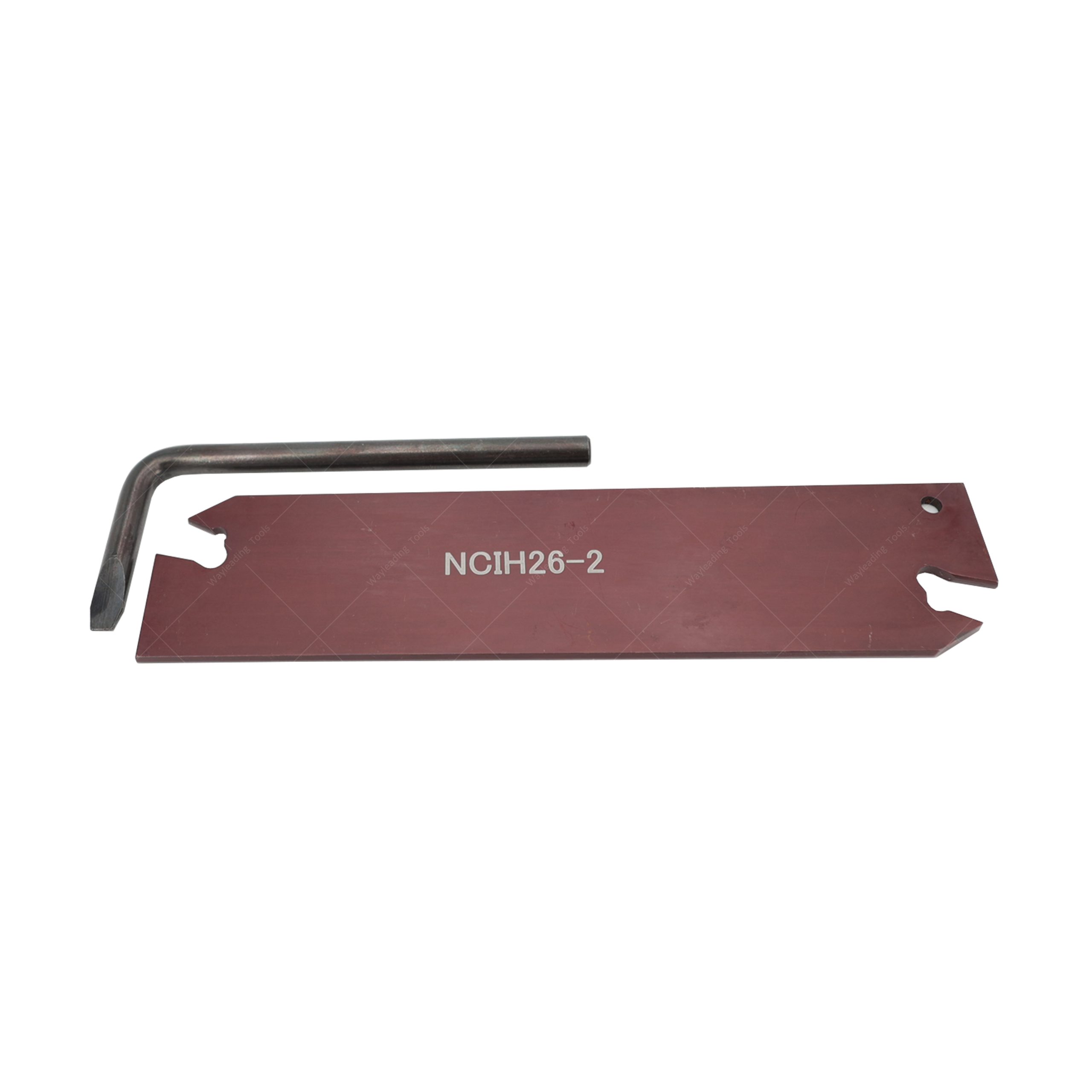boring bar holder Factories
Finding reliable boring bar holder factories can be challenging. This guide provides a detailed overview of what to look for in a manufacturer, the different types of holders available, and key factors to consider when making your selection. Learn how to identify high-quality boring bar holders that meet your specific machining needs.
Understanding Boring Bar Holders
Boring bar holders are essential tools in machining, providing a secure and precise way to hold boring bars during internal turning and boring operations. The right holder ensures stability, reduces vibration, and contributes to achieving accurate and smooth finishes. Understanding the different types and features of boring bar holders is crucial for selecting the best option for your specific application.
Types of Boring Bar Holders
There are several types of boring bar holders available, each designed for specific machine types and machining needs:
- Straight Shank Holders: These are the most common type, suitable for a wide range of machines and applications.
- Collet Chuck Holders: Offer high precision and concentricity, ideal for demanding applications requiring tight tolerances.
- Quick Change Holders: Allow for fast and easy tool changes, increasing efficiency in production environments.
- Modular Holders: Provide flexibility and adaptability, allowing users to configure the holder to specific lengths and diameters.
- VDI Holders: Designed for CNC lathes with VDI turrets, offering rigid and precise tool holding.
Key Features to Consider
When selecting boring bar holders, consider the following features:
- Bore Diameter: Ensure the holder can accommodate the diameter of your boring bars.
- Shank Diameter: The shank diameter must match the machine tool's spindle or turret.
- Holder Length: Choose a length appropriate for the depth of the bore.
- Material: High-quality steel alloys (e.g., alloy steel) offer excellent rigidity and durability.
- Clamping Mechanism: Look for a secure and reliable clamping system to prevent tool slippage.
Identifying Reputable Boring Bar Holder Factories
Choosing the right factory is crucial for obtaining high-quality boring bar holders. Here's what to look for:
Quality Certifications
Factories with ISO 9001 certification demonstrate a commitment to quality management systems. This ensures that the products meet consistent standards and undergo rigorous testing.
Manufacturing Capabilities
A reputable factory should have advanced manufacturing equipment, including CNC machines, grinding machines, and inspection tools. This ensures precision and accuracy in the production process.
Material Selection
The best boring bar holder factories use high-quality materials, such as alloy steels, to ensure strength, durability, and resistance to wear and tear. Inquire about the specific materials used and their properties.
Quality Control Processes
A robust quality control process is essential. Look for factories that conduct thorough inspections at each stage of production, from raw material to finished product. Dimensional accuracy, surface finish, and hardness should be carefully checked.
Customization Options
If you require custom boring bar holders, choose a factory that offers design and manufacturing services to meet your specific needs. This may include custom bore diameters, shank sizes, or special features.
Customer Support and Service
A reliable factory should provide excellent customer support, including technical assistance, product information, and after-sales service. Clear communication and responsiveness are key indicators of a reputable supplier. Wayleading Tools values providing high-quality support to its customers. You can find more information on their website [www.wayleading.com](http://www.wayleading.com) for more details.
Evaluating Boring Bar Holder Factories: Key Questions to Ask
Before committing to a boring bar holder factory, ask these important questions:
- What quality certifications do you hold?
- What materials do you use for your boring bar holders?
- What are your manufacturing capabilities and equipment?
- What quality control processes do you have in place?
- Can you provide custom boring bar holders?
- What is your lead time for orders?
- What is your pricing structure?
- What is your warranty policy?
- Can you provide references from other customers?
Case Study: Selecting the Right Boring Bar Holder Factory
A precision machining company needed to source high-quality boring bar holders for a large-scale project. They evaluated several boring bar holder factories based on the criteria outlined above. After careful consideration, they chose a factory with ISO 9001 certification, advanced CNC equipment, and a proven track record of producing accurate and durable boring bar holders. The factory also offered customization options to meet the specific requirements of the project. As a result, the machining company was able to achieve high levels of precision and efficiency, ensuring the success of the project.
Boring Bar Holder Materials: A Detailed Look
The material used in a boring bar holder significantly impacts its performance and lifespan. Here's a detailed look at common materials:
Alloy Steel
Alloy steel is the most common material for boring bar holders due to its excellent strength, rigidity, and wear resistance. Specific alloy steels like 4140 and 4340 are often used.
High-Speed Steel (HSS)
HSS provides good toughness and wear resistance, making it suitable for general-purpose machining applications.
Carbide
Carbide boring bar holders offer exceptional rigidity and vibration damping, ideal for high-precision machining and deep boring applications. However, they are more expensive than steel holders.
Titanium
Titanium holders are lightweight and offer good vibration damping, but they are less rigid than steel and carbide options.
Troubleshooting Common Boring Bar Holder Problems
Even with high-quality boring bar holders, issues can arise. Here are some common problems and their solutions:
- Vibration: Ensure the holder is properly tightened and the boring bar is securely clamped. Consider using a carbide holder for improved vibration damping.
- Tool Slippage: Check the clamping mechanism for wear or damage. Replace worn clamps or consider using a holder with a more robust clamping system.
- Inaccurate Bores: Verify the alignment of the holder and the boring bar. Ensure the machine tool is properly calibrated.
- Surface Finish Issues: Use a boring bar with the appropriate cutting geometry and insert grade for the material being machined. Reduce cutting speed and feed rate.
Benefits of Choosing the Right Boring Bar Holder Factory
Selecting the right boring bar holder factories can offer significant benefits:
- Improved Machining Accuracy: High-quality holders ensure precise and consistent bore diameters.
- Increased Productivity: Quick change holders and reliable clamping mechanisms reduce downtime.
- Reduced Tool Wear: Proper tool holding minimizes vibration and extends tool life.
- Cost Savings: Durable holders reduce the need for frequent replacements.
- Enhanced Surface Finish: Stable and rigid holders contribute to smooth and accurate finishes.
This guide provides a comprehensive overview of boring bar holder factories and the key considerations for selecting the right supplier. By focusing on quality, manufacturing capabilities, and customer service, you can ensure you obtain high-quality boring bar holders that meet your specific machining needs. If you need support with your tooling needs, consider contacting Wayleading Tools.
| Material | Pros | Cons | Typical Applications |
|---|---|---|---|
| Alloy Steel | High strength, good rigidity, wear-resistant, cost-effective | Lower vibration damping than carbide | General machining, most common applications |
| High-Speed Steel (HSS) | Good toughness, wear resistance | Lower rigidity and hardness compared to alloy steel and carbide | General-purpose machining |
| Carbide | Exceptional rigidity, excellent vibration damping, high precision | More expensive than steel holders, brittle | High-precision machining, deep boring, demanding applications |
| Titanium | Lightweight, good vibration damping | Less rigid than steel and carbide | Aerospace, applications where weight is critical |
Disclaimer: This article is for informational purposes only. Always consult with a qualified engineer or machinist for specific application requirements.
Related products
Related products
Best selling products
Best selling products-
 HSS Metric Square Tool Bit With Industrial Type
HSS Metric Square Tool Bit With Industrial Type -
 Precision Outside Micrometer With digit Counter Of Inch & Metric With Rachet Stop
Precision Outside Micrometer With digit Counter Of Inch & Metric With Rachet Stop -
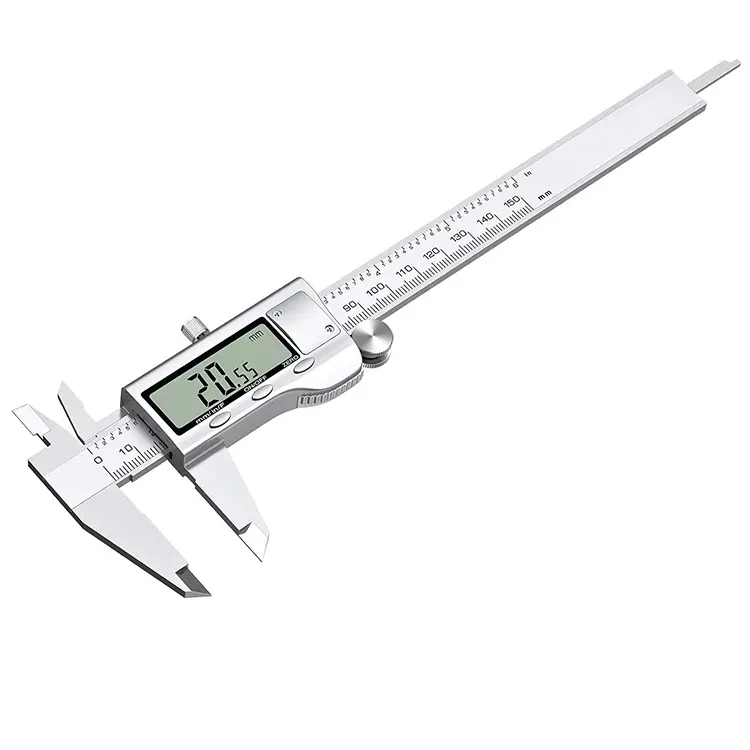 Precision Digital Caliper Of Metal Case For Industrial
Precision Digital Caliper Of Metal Case For Industrial -
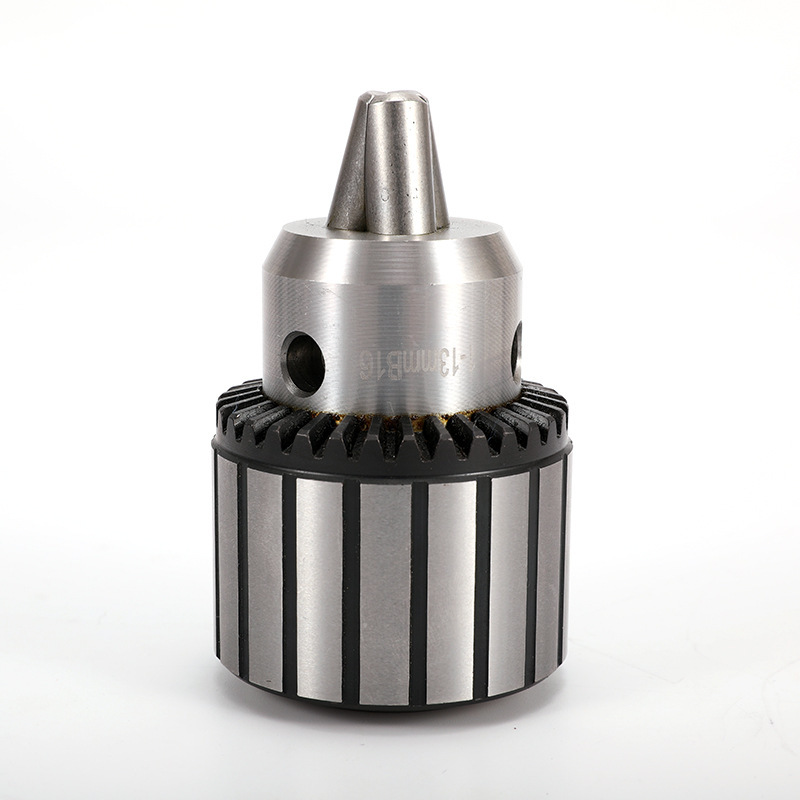 Key Type Drill Chuck With Heavy Duty Type
Key Type Drill Chuck With Heavy Duty Type -
 DIN6537L Metric Solid Carbide Twist Drill With Internal Coolant & External Coolant
DIN6537L Metric Solid Carbide Twist Drill With Internal Coolant & External Coolant -
 5C Square Collet With Inch and Metric Size
5C Square Collet With Inch and Metric Size -
 Carbide Tipped Hole Cutter For Cutting Stainless Steel And Iron Or Steel Plate
Carbide Tipped Hole Cutter For Cutting Stainless Steel And Iron Or Steel Plate -
 Outside Micrometer Set Of Inch & Metric For Industrial
Outside Micrometer Set Of Inch & Metric For Industrial -
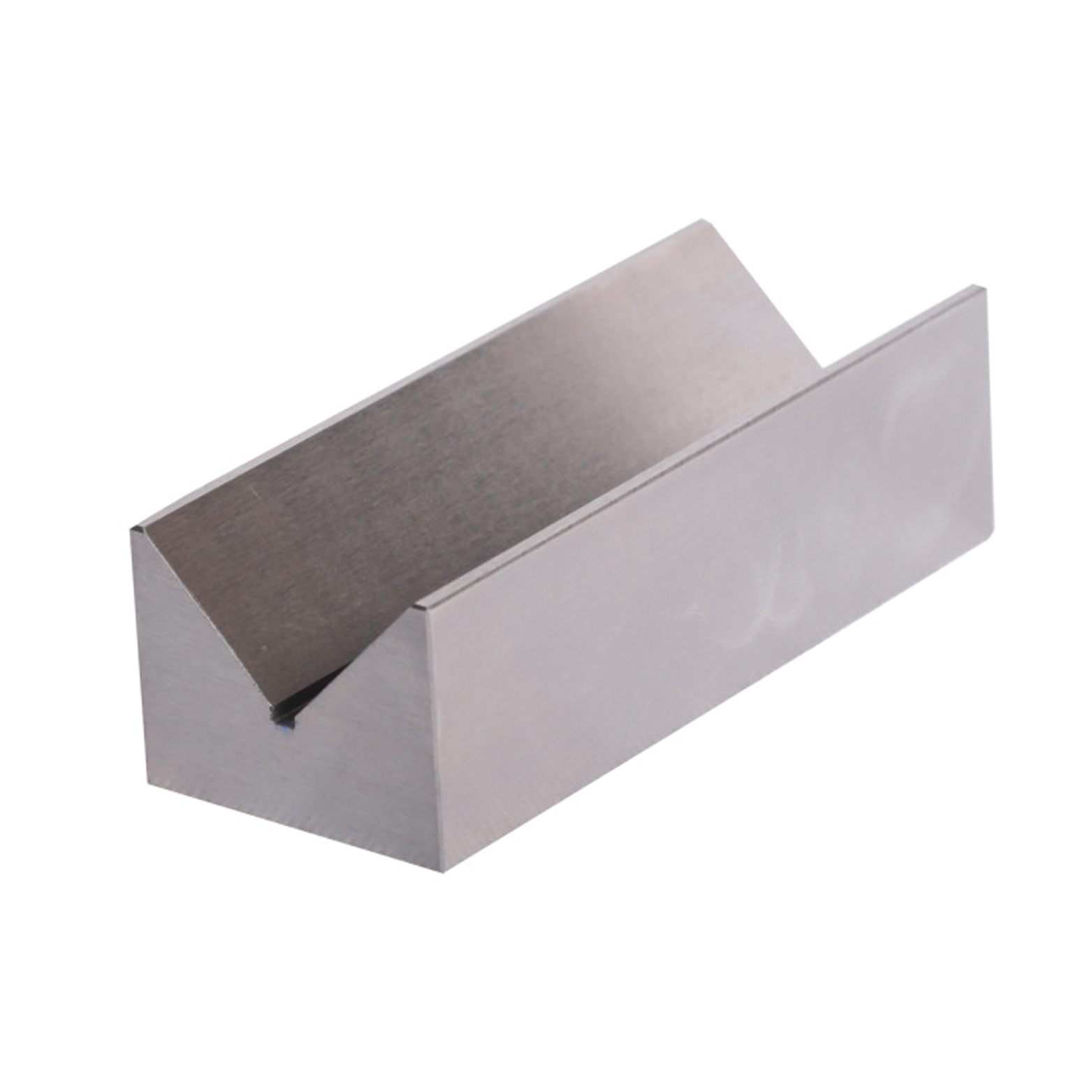 Precision V Block Set With Industrial Type
Precision V Block Set With Industrial Type -
 Type B Cylinder Tungsten Carbide Rotary Burr
Type B Cylinder Tungsten Carbide Rotary Burr -
 Type C Cylinder Ball Nose Tungsten Carbide Rotary Burr
Type C Cylinder Ball Nose Tungsten Carbide Rotary Burr -
 Type A Cylinder Tungsten Carbide Rotary Burr
Type A Cylinder Tungsten Carbide Rotary Burr


